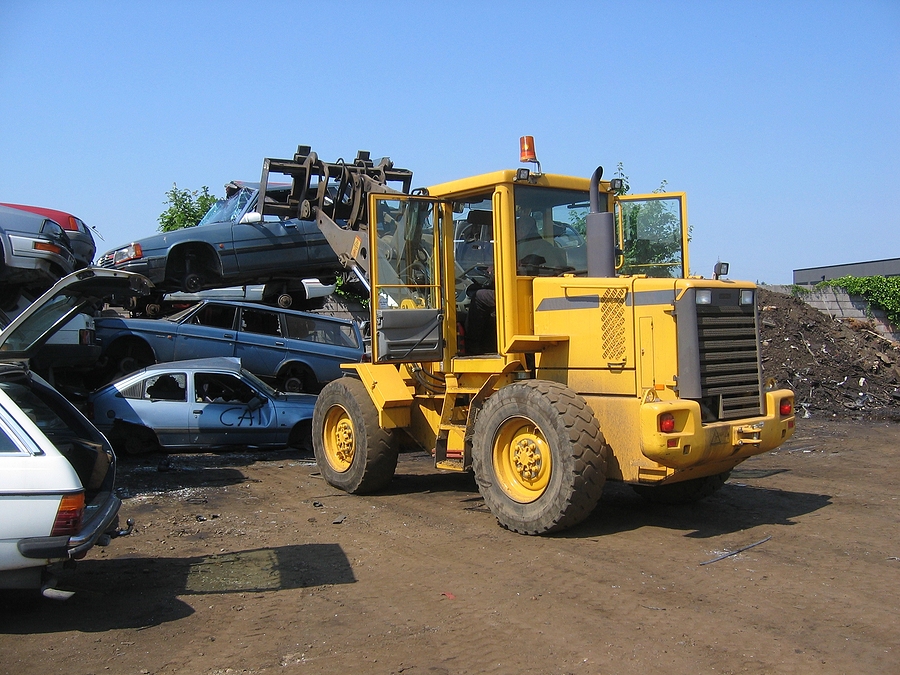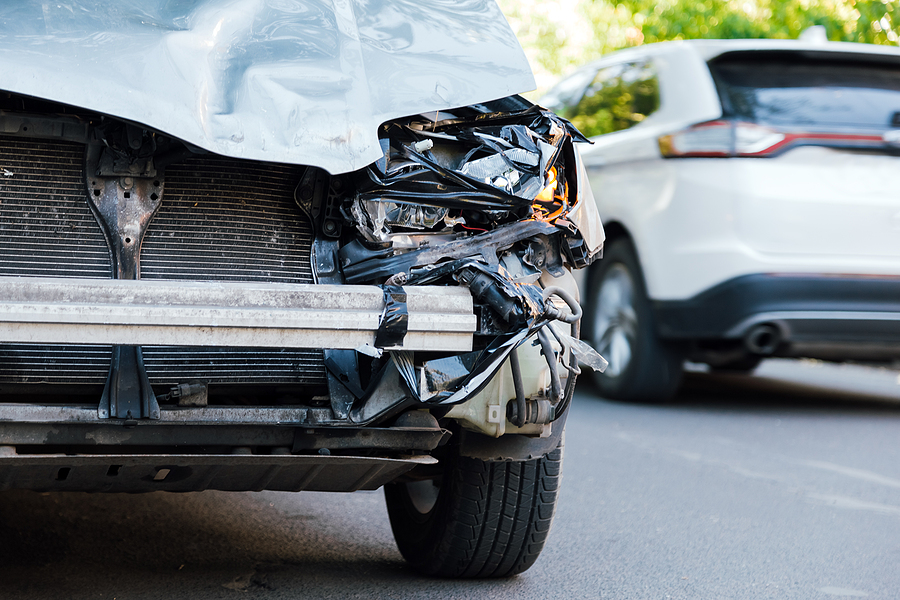Every car has its journey, from the showroom’s gleaming floors to the open road, and eventually, to its final destination – the auto salvage yard. However, this end point is not the end of the story, but rather the beginning of a new chapter in the world of automotive recycling.
This blog post delves into the fascinating life cycle of a car, illuminating the unseen but valuable processes of responsibly recycling junk cars. We’ll also learn how to estimate a junk car’s worth and understand its actual cash value (ACV), crucial information for those considering selling their vehicle to a local auto salvage yard. Strap in as we navigate the ins and outs of this green and growing industry.

The Journey of a Vehicle
The life cycle of a car begins long before its first owner sets foot in the driver’s seat. From designing and manufacturing to shipping and sales, each step contributes to the development of a vehicle. However, as with any product, cars have a lifespan, and eventually, their owners must part ways with them.
End of Life: What to Do with a Junk Car
As cars age and break down, they become what the industry refers to as “junk cars.” These are vehicles that have reached the end of their useful life and are no longer safe or economical to operate. But just because a car is no longer drivable does not mean it’s worthless. In fact, even junk cars have value and can be recycled, providing environmental benefits while also generating income for their owners.
Calculating a Junk Car’s Worth
When it comes to determining a junk car’s worth, there are several factors to consider. These include the make and model of the vehicle, its age, condition, and current market demand for scrap metal. Online resources such as Kelley Blue Book or Edmunds can help assess a car’s value, but keep in mind that these estimates may not reflect the actual cash value (ACV) offered by an auto salvage yard.
Selling to a Responsible Auto Salvage Yard
Once you have determined your junk car’s worth and received an offer from an auto salvage yard, it’s essential to do some research before making the sale. Look for a local salvage yard known for responsible automotive recycling practices, such as properly draining fluids and disposing of hazardous materials. These yards may also dismantle vehicles, selling usable parts to mechanics. By choosing a reputable auto scrapyard, you can ensure your junk car is being recycled in an environmentally friendly manner.
Why Recycle a Junk Car at an Auto Scrapyard?
1. Environmental Impact
Recycling a junk car at a local auto salvage yard has numerous benefits for the environment. When cars are left to rust and decay in landfills, they can release harmful chemicals and pollutants into the air, soil, and water. By recycling these cars, their parts can be reused or properly disposed of, reducing the amount of waste and pollution in our environment.
2. Financial Incentives
Many local auto salvage yards offer financial incentives for recycling junk cars. This can include cash payments for the value of the scrap metal or reusable parts, as well as discounts on future purchases at the yard. Recycling a junk car not only helps the environment but can also put some extra money in your pocket.
3. Convenience
Recycling a junk car at a local auto salvage yard is also more convenient than trying to sell it or dispose of it on your own. Salvage yards have specialized equipment and trained staff who know how to safely remove and recycle car parts. They also handle all necessary paperwork for transferring ownership and disposing of hazardous materials such as batteries and fluids. This saves you time and effort while ensuring that your old car is properly recycled.
Conclusion
The journey of a car may end at the auto salvage yard, but its story does not have to. By understanding the value and potential of junk cars and choosing responsible automotive recycling practices, we can contribute to a more sustainable future for our planet. So, the next time you’re ready to part ways with your old vehicle, remember that it still has value and can continue its journey through responsible recycling. Keep the cycle going and do your part in reducing waste and preserving our environment.
Be sure to choose a reliable and experienced auto salvage yard for safe automotive recycling. Contact Zore’s Inc. Cash for Cars Indianapolis at 317-450-3721 to speak with our professional junk car buyers about selling a scrap car for cash on the spot. We accept anything made of metal, regardless of age or condition. Request a quote today!
Related Posts:
Can Junk Cars Be Recycled?
Recycle These Highly Valuable Auto Parts for a Cash Payout
The Ultimate Benefit of Junk Car Recycling in Indiana


